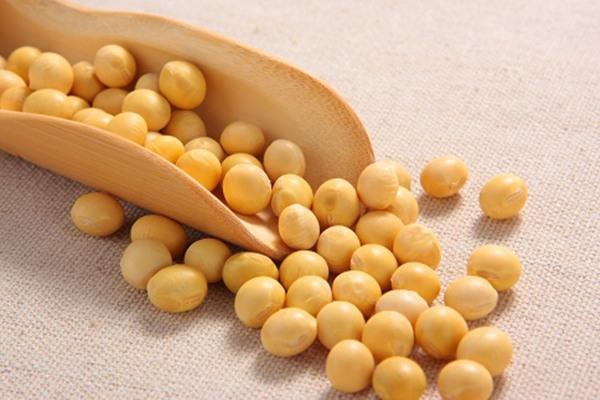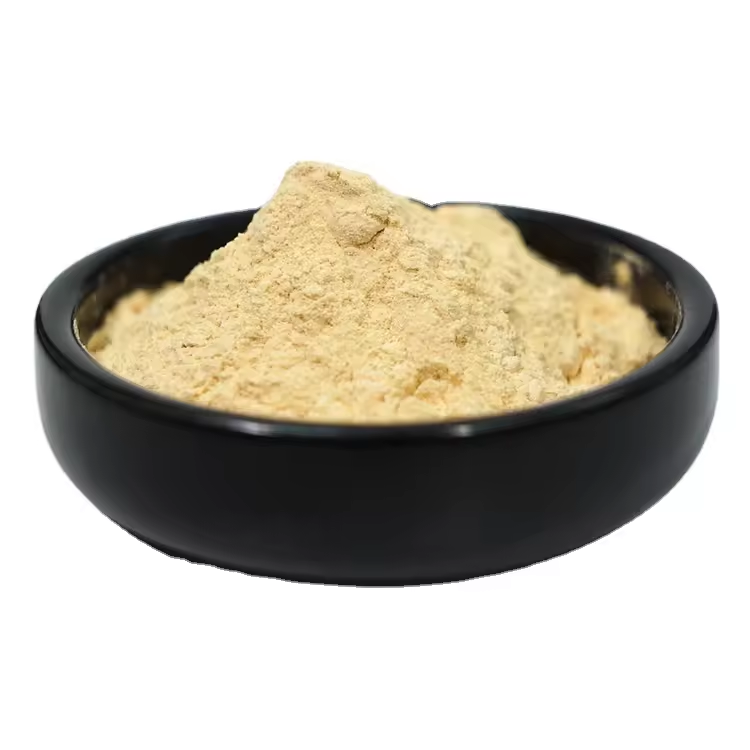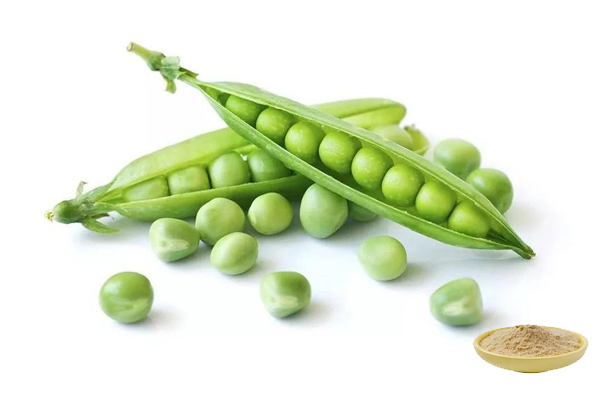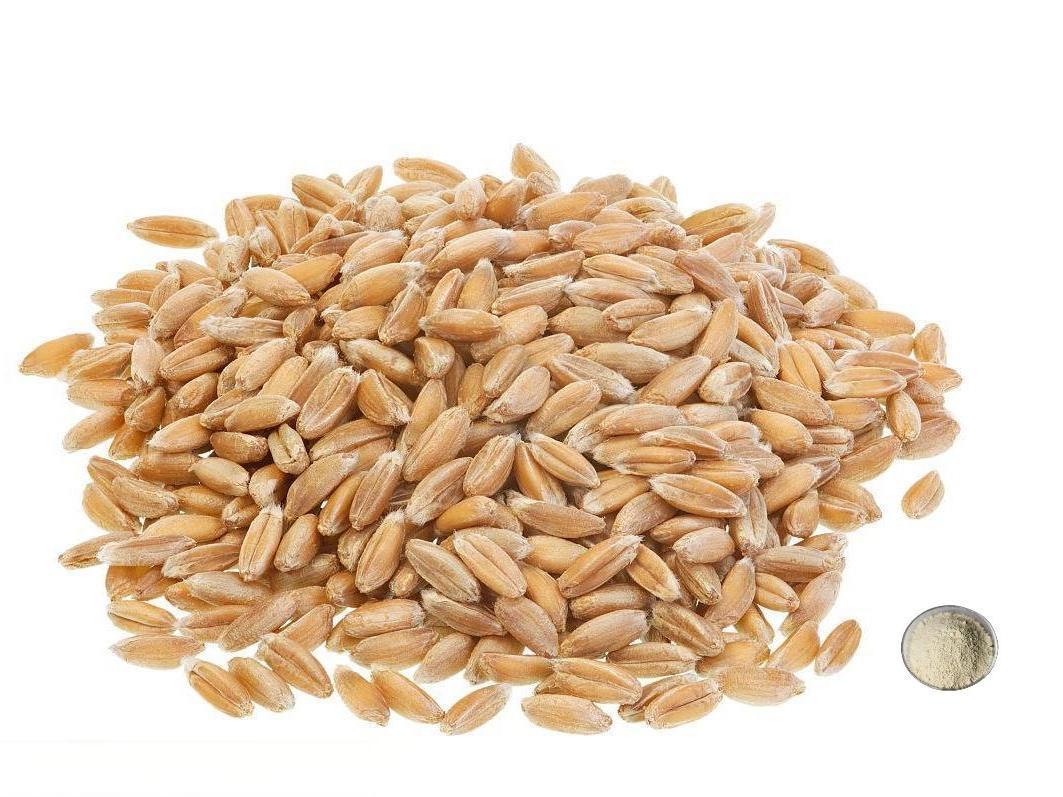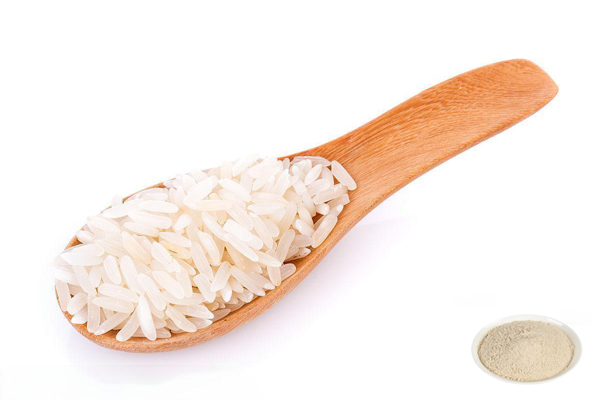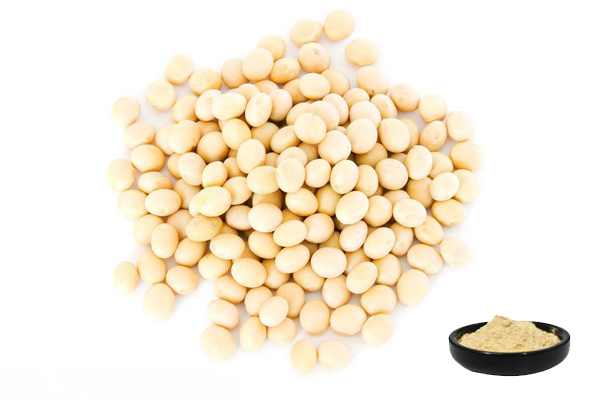Soybean Protein Powder 60%
Source:Soybean
Active Ingredients:Soy Protein
Assay:60%
Testing Method:Kjeldahl Determination
Appearance:Light Yellow Fine Powder
Pesticide Residue:Comply with (EC) No 396/2005 Standard
- Description
- Data Sheet
- Certificate
-
What is Soybean Protein Powder?
Soy protein is a kind of plant protein, its amino acid composition is similar to milk protein, except methionine is slightly lower, and the rest of the essential amino acid content is richer, is a plant-based complete protein. The amino acid composition of soy protein is similar to that of essential amino acids, and it is also rich in calcium, phosphorus, iron, oligosaccharides, and various vitamins. It is also rich in branched-chain amino acids (BCAA), which play an important role in muscle synthesis.
Green Spring Technology supplies Soybean Protein Powder 60%, which is made from non-GMO soybeans, cholesterol-free and lactose-free, and has been widely used in the food industry as well as other industries.
Established in 2000, Green Spring Technology is committed to providing customers with natural, safe, and organic plant extracts. We strictly implement a quality management system and organize production according to ISO, HACCP, and other quality standards. Our products are manufactured according to the highest international standards, including EC396, 2023/915, and the highest solvent residue standards. Green Spring has obtained Halal, Kosher, COSMOS, BRC, IFS, FDA, ISO, and many other certifications. Authoritative third party test reports are available.
Specification:
Product Name
Soybean Protein Powder
Latin Name
Glycine max (L.) Merr.
Source
Soybean
Active Ingredients
Soybean Protein
Specification
60%
Testing Method
Kjeldahl Determination
Appearance
Light Yellow Powder
Pesticide Residue
Comply with (EC) No 396/2005 Standard
Regulation:
It conforms to EU regulations.
Looking for a Quotation?Benefits:
Gelability
Gelling ability is one of the most important attributes of soy protein, which gives it high viscosity, plasticity, and elasticity, and it can be used as a carrier for water as well as for flavor additives, sugar, and other compounds in product applications, which is extremely beneficial for food processing. There are many ways to form gels, such as heat induction, the addition of salt, the addition of enzymes, etc., all of which can make the protein form gels. Gelation is affected by a variety of factors, such as subunit composition, surface hydrophobicity size, sulfhydryl content, etc. In addition to this, the concentration of protein amount, heating temperature, pH, ionic strength, etc. is also an important element that affects the role of gelation.
Emulsifying Properties
Soya protein molecules have the characteristic structure of emulsifiers, i.e. amphoteric structure, containing both hydrophilic and lipophilic groups in the molecule. In an oil-water mixture, the hydrophilic polypeptide part of the soy protein molecule spreads towards the lipid phase and the polar part towards the water phase. When soy protein is used in food processing, it aggregates at the oil-water interface. It reduces its surface tension and promotes the formation of oil-water emulsions.
Water Absorption and Water Holding
Soy protein molecules contain many polar groups, in contact with water molecules, hydration occurs and shows the ability to absorb and hold water, which can improve the taste of food, but also to maintain the wetness of food, and improve food quality. Soy protein in the product of bread, pastry, and meat products, can improve product quality and taste.
Maintaining Bone Health
Soya protein is rich in calcium and vitamin D and is essential for bone health. Moderate intaking of soya protein can help prevent osteoporosis and fractures and promote bone growth and repair.
Lowering Cholesterol
The plant fiber and isoflavones in soy protein help lower cholesterol levels. Moderate intaking of soy protein reduces the level of low-density lipoprotein cholesterol (LDL-C) while increasing the level of high-density lipoprotein cholesterol (HDL-C), thus reducing the risk of cardiovascular disease.
Improves Blood Sugar Control
The fiber and isoflavones in soya protein enhance insulin sensitivity and help control blood sugar levels.
Provides Antioxidants
The isoflavones in soy protein have strong antioxidant properties that can help scavenge free radicals and reduce the damage caused by oxidative stress. Moderate intake of soy protein can provide antioxidant protection and help prevent the onset of chronic diseases.
Applications:
In the Food Field:
Soya protein powder is widely used in a variety of foods, such as fruit juices, cheese, bread, and food bars. Soya protein is effective in reducing high cholesterol in people with high cholesterol. Soy protein drinks in the arginine content than milk, and their arginine and lysine ratio is also more reasonable; the lipids and linoleic acid are extremely rich and do not contain cholesterol, which can prevent cardiovascular disease in adulthood. Rich lecithin can remove excess sterols in the blood, ‘vascular scavenger’ reputation. Soya protein drinks are easier to digest and absorb than milk. Milk in the stomach is easy to form large and hard lumps, while soy milk in the stomach is formed into small slices, and is fluffy, not hard, which can make it easier to digest and absorb.
-
Download
Soybean Protein Powder 60% COA


 English
English French
French Spanish
Spanish Russian
Russian Korean
Korean Japanese
Japanese



